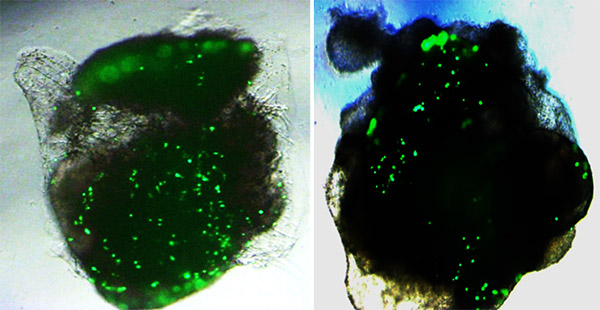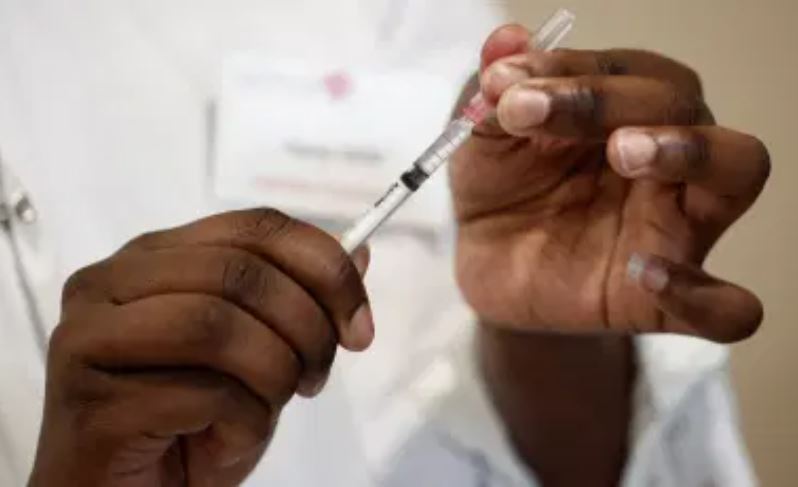
SciePro/Shutterstock.com
Hospitalized COVID-19 patients are substantially more likely to harbor autoantibodies than people without COVID-19, according to a new study. Autoantibodies can be early harbingers of full-blown autoimmune disease. “If you get sick enough from COVID-19 to end up in the hospital, you may not be out of the woods even after you recover,” said PJ Utz, MD, professor of immunology and rheumatology at Stanford Medicine.
Utz shares senior authorship of the study, which will be published Sept...
Read More








Recent Comments